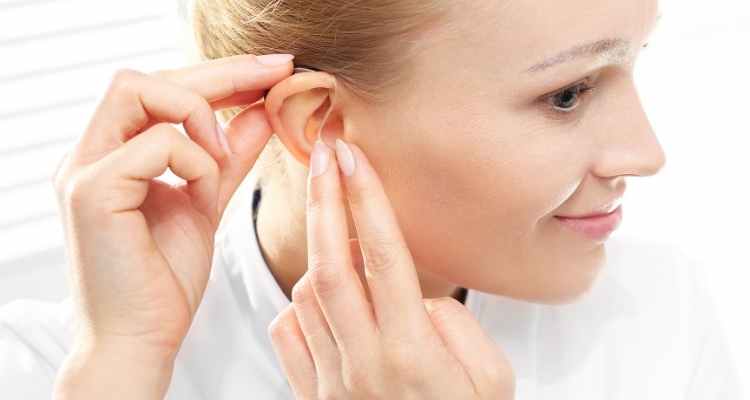Hearing is an integral part of your audio-visual sensory reception. In coordination with other sensory organs, the ears work together to perceive and relay information and stimuli to the brain for processing and response. Auditory structures aid communication between you and your peers. Hearing impairment impedes communication. Several factors such as trauma, old age, and infections cause hearing impairment. Reversing hearing impairment is the priority at Surprise hearing care center. The specialists offer quality hearing care and audiology services to restore normal hearing. This article will delve into everything you need to know about the causes, symptoms, and treatment for hearing loss.
Causes of Hearing Loss
Each hearing impairment type has its unique cause, with some reasons cutting across the categories. The types of hearing impairments with their causes are:
· Sensorineural Hearing Loss- This is the most common hearing impairment. It affects the way the inner ear or the hearing nerve works. Causes for sensorineural hearing loss are aging, trauma, autoimmune ear disease, and inner ear malformation.
· Conductive Hearing Loss- Conductive hearing loss is the impairment of the ear canal and the three ear bones (incus, malleus, and stapes). The mechanical impairment blocks sound from reaching the inner ear. Causes for conductive hearing loss are wax blockage, fluid in the middle ear, and ear canal infection.
· Mixed Hearing Loss- This is a combination of the above two types. Causes for mixed hearing loss range from trauma, aging, infections to tumors.
Symptoms of Hearing Loss
· Difficulty in hearing
· Listening to audio at loud volumes
· Frequently asking others to speak loudly
· Ringing in your ears
· You experience listening fatigue after long audio-filled events.
· Not being able to pinpoint the source of the sound you are hearing
Symptoms may vary depending on the severity of the hearing loss. A full hearing test will determine the type of hearing loss you have. You can try the quick hearing test at Oasis Ear, Nose, and Throat center in Arizona to cross-check your symptoms with test results.
Treatment for Hearing Loss
1. Surgery
For severe hearing loss, the doctor may recommend surgery. Medication does not correct damage to the hearing bones; thus, the doctor will make small incisions on your ear to reshape the bones. Otoplasty has proven efficacy in correcting ear defects such as hearing loss. In complete bone damage, the surgeon may replace the bones with prosthetics that mimic auditory stimulation to impart normal hearing.
2. Cochlear Implants
Cochlear implants employ hearing aid technology but at a more advanced level. The implant directly stimulates the auditory nerve, and the brain perceives the signals as sound. Cochlear implants amplify sound also for quality hearing. The doctor will implant the small electrical device in your ear and the outer part on the back of your ear. Cochlear implants require post-care therapy to relearn hearing using the electronic device.
3. Hearing Aid
A hearing aid amplifies sound into your eardrum. A hearing aid contains a microphone, an emitter, and an amplifier. If you have sensorineural hearing loss, then a hearing aid is the best remedy. The doctor will customize hearing aids that meet your specific hearing impairment condition based on your audiogram analysis. Hearing aids are inexpensive and practical as well.
Outlook
Ear specialists at Oasis Ear Nose and Throat center utilize innovative hearing technologies to reverse hearing impairment. Scheduling a visit is the noblest thing you’ll do regarding your auditory health.

